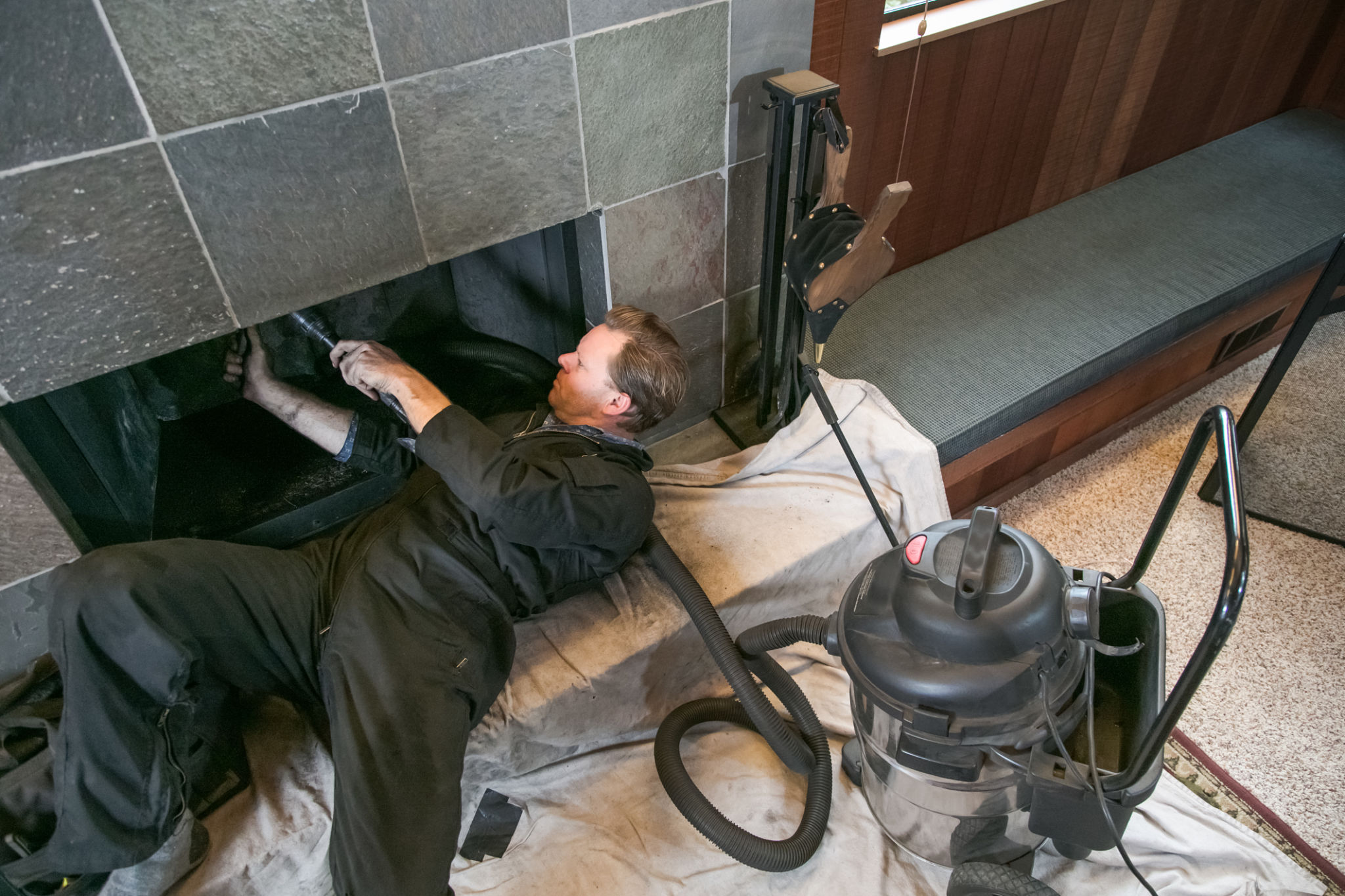Seasonal Home Care Tips: Preparing Your Home for Winter Safety
Inspect Your Heating System
As temperatures start to dip, ensuring your heating system is in top condition is crucial for winter safety. Schedule a professional inspection of your furnace or boiler to make sure it's operating efficiently and safely. Cleaning or replacing the air filters can also improve air quality and system performance.

Don't forget to check the thermostats throughout your home. Calibrate them if necessary to ensure they provide accurate temperature readings. This can help in maintaining a comfortable indoor environment while potentially saving on energy costs.
Seal Windows and Doors
Drafts can significantly impact your heating efficiency, so sealing windows and doors is an essential step in preparing your home for winter. Use weatherstripping or caulking to seal any gaps or cracks around windows and door frames. This simple task can prevent heat loss and reduce energy bills.
Consider installing storm windows or using heavy curtains to add an extra layer of insulation. For doors, use draft stoppers at the base to keep the cold air out and the warm air in.

Protect Your Pipes
Frozen pipes can lead to costly repairs and water damage. To prevent this, insulate any exposed pipes in unheated areas such as basements, attics, and garages. Pipe insulation is affordable and easy to install.
During extreme cold spells, let faucets drip slightly to prevent pipes from freezing. Opening cabinet doors in kitchens and bathrooms can also allow warmer air to circulate around the plumbing, reducing the risk of frozen pipes.
Maintain Your Fireplace and Chimney
If you have a fireplace, now is the time to ensure it's ready for use. Have your chimney cleaned and inspected by a professional to remove any soot or creosote buildup that could pose a fire hazard.

Check that the damper opens and closes properly, and inspect the flue for any obstructions. Consider installing a chimney cap to keep out debris and small animals.
Check Smoke and Carbon Monoxide Detectors
As you prepare your home for winter, checking the functionality of your smoke and carbon monoxide detectors should be a top priority. Test each device and replace batteries if necessary. Winter months often see an increase in indoor heating, which can elevate the risk of carbon monoxide buildup, making these detectors crucial for safety.
Consider replacing any detectors that are over ten years old or showing signs of wear. It's also wise to have a fire extinguisher readily accessible in case of emergencies.

Prepare for Winter Storms
Winter storms can cause power outages or make roads impassable. Prepare an emergency kit with essentials such as flashlights, batteries, non-perishable food, water, blankets, and a first-aid kit. Having these items on hand ensures you're ready for any unexpected situations.
Lastly, keep a snow shovel and ice melt accessible for clearing walkways and driveways. Removing snow promptly reduces the risk of slips and falls outside your home.
